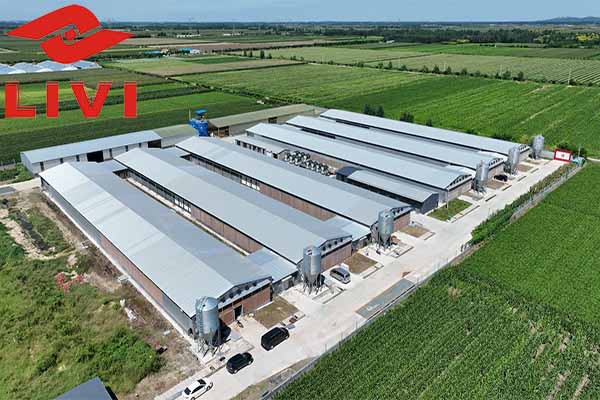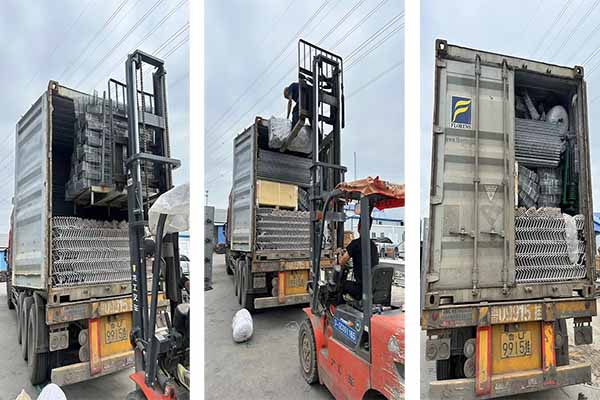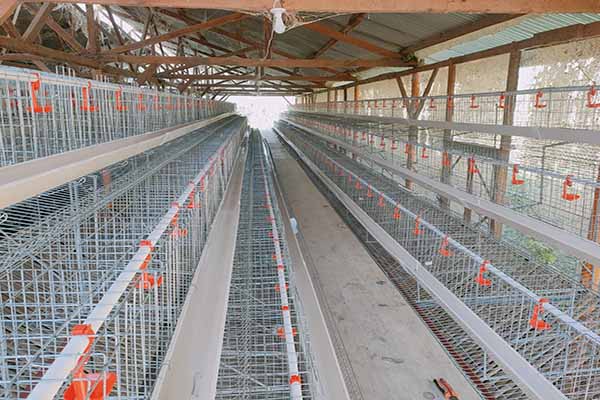Import Policy for Automated Chicken Farms in Kenya: A Comprehensive Guide
Time : 2025-04-26
As the demand for poultry products continues to rise in Kenya, automated chicken farms are becoming increasingly popular. To ensure the growth and sustainability of this industry, it’s crucial to understand the import policy for automated chicken farms in Kenya. In this article, we’ll dive into the details, making it easier for you to navigate the import process and establish a successful automated chicken farm.
Understanding the Importance of Import Policy
Import policies play a vital role in shaping various industries, and the automated chicken farm sector is no exception. These policies regulate the importation of equipment, feed, and other essential supplies needed to run an automated chicken farm. By understanding the import policy, you can avoid legal issues, minimize costs, and streamline your operations.
Import Policies in Kenya
Kenya’s import policy for automated chicken farms is governed by the Kenya Revenue Authority (KRA) and the Ministry of Agriculture, Livestock, and Fisheries. These policies are designed to ensure the safety, quality, and standards of poultry products in the country.
Key Points to Consider in Import Policy
1. Tariffs and Duties
When importing equipment and supplies for your automated chicken farm, you need to be aware of the tariffs and duties imposed by the KRA. These taxes can vary depending on the type of product and its value. It’s essential to research the specific tariffs for each item to budget accordingly.
2. Quarantine and Inspection
All imported goods, including those for automated chicken farms, must undergo quarantine and inspection to ensure they meet Kenya’s health and safety standards. This process can take several days, so plan your import schedule accordingly.
3. Certifications and Documentation
Proper documentation is crucial when importing for an automated chicken farm. You’ll need to provide certifications of origin, product specifications, and health and safety declarations. Failure to comply with these requirements can result in delays or refusal of your shipment.

4. Quality Standards
Kenya has specific quality standards for poultry products and equipment. Make sure that the products you import meet these standards to avoid legal issues and maintain consumer trust.

Importing Automated Chicken Farm Equipment</h 2>
2>
Automated chicken farm equipment is a significant investment. Here’s a breakdown of the process to import this type of equipment:
1. Research and Select Suppliers
Start by identifying reputable suppliers of automated chicken farm equipment. Consider factors like price, quality, and warranty. Don’t forget to check if they have experience exporting to Kenya.
2. Place an Order
Once you’ve chosen a supplier, place your order and discuss the shipping details. Make sure to confirm that the supplier will provide all necessary documentation and certifications.
3. Arrange Shipping
Work with a shipping company that has experience handling agricultural imports. They can help you navigate the logistics and ensure your shipment arrives on time and in good condition.
4. Monitor the Import Process
Keep track of your shipment’s progress and communicate with all parties involved. This will help you anticipate any potential issues and address them promptly.
Importing Feed and Supplies
Feeds and supplies are essential for the operation of an automated chicken farm. Here are some tips for importing these items:
1. Source Quality Feed
Research and select a reputable supplier for your feed. Look for a product that meets Kenya’s quality standards and is suitable for your chickens’ nutritional needs.
2. Importing Supplies
Supplies such as bedding, waterers, and feeders can also be imported. Follow the same process as mentioned for equipment, ensuring that all certifications and documentation are in order.
Conclusion
Understanding the import policy for automated chicken farms in Kenya is crucial for the success of your business. By following the steps outlined in this article, you can navigate the import process effectively, minimize costs, and establish a sustainable automated chicken farm. Remember to stay updated with any changes in the import policy to ensure compliance and smooth operations.











